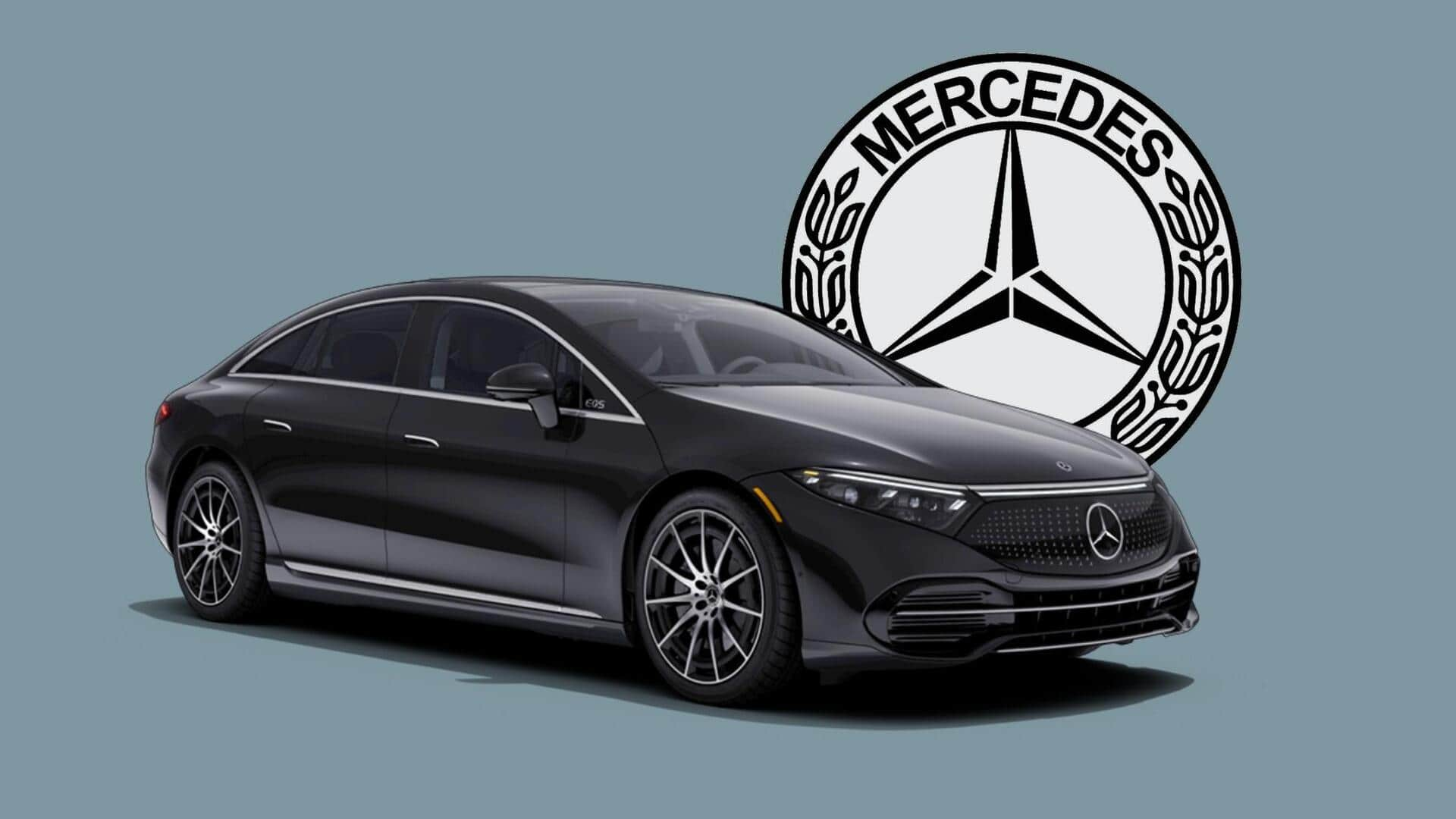
Mercedes-Benz reverses EV plans, will manufacture fuel cars in 2030s
What's the story
Mercedes-Benz has made a surprising shift in its electric vehicle (EV) strategy, revealing plans to continue manufacturing fuel-based cars well into the 2030s. This comes after the German luxury carmaker pledged to go all-electric by the end of this decade, "where market conditions allow." The company now expects electrified vehicles, including hybrids, to make up only 50% of total sales in 2030, a significant drop from its initial 100% commitment.
Decision
Q4 profits and sales impact decision
This announcement follows a 21% decrease in Mercedes-Benz's net profits in Q4. The company saw a decline in revenue in major markets like the US (-7.4%) and Germany (-2.8%). While full-year revenue rose by 2.1% to $153.2 billion, operating profits dipped by 4% in 2023 to $19.7 billion. However, electrified vehicles made up 21.8% of sales and held a 19.7% share in 2023. The carmaker predicts EVs and hybrids will account for 19% to 21% of vehicle sales this year.
Strategy
Future EV plans and cost reductions
Despite the change in plans, Mercedes-Benz remains optimistic about its new-generation EVs, anticipating a 30% cost reduction. The carmaker shared that entry-level EVs based on its upcoming MMA platform, like the electric CLA, will boast around 750km WLTP range. They will be capable of gaining up to 400km with a 15-minute charge. The decision to slow down its EV transition aligns Mercedes-Benz with American automakers Ford and GM, which have also recently delayed their EV initiatives.